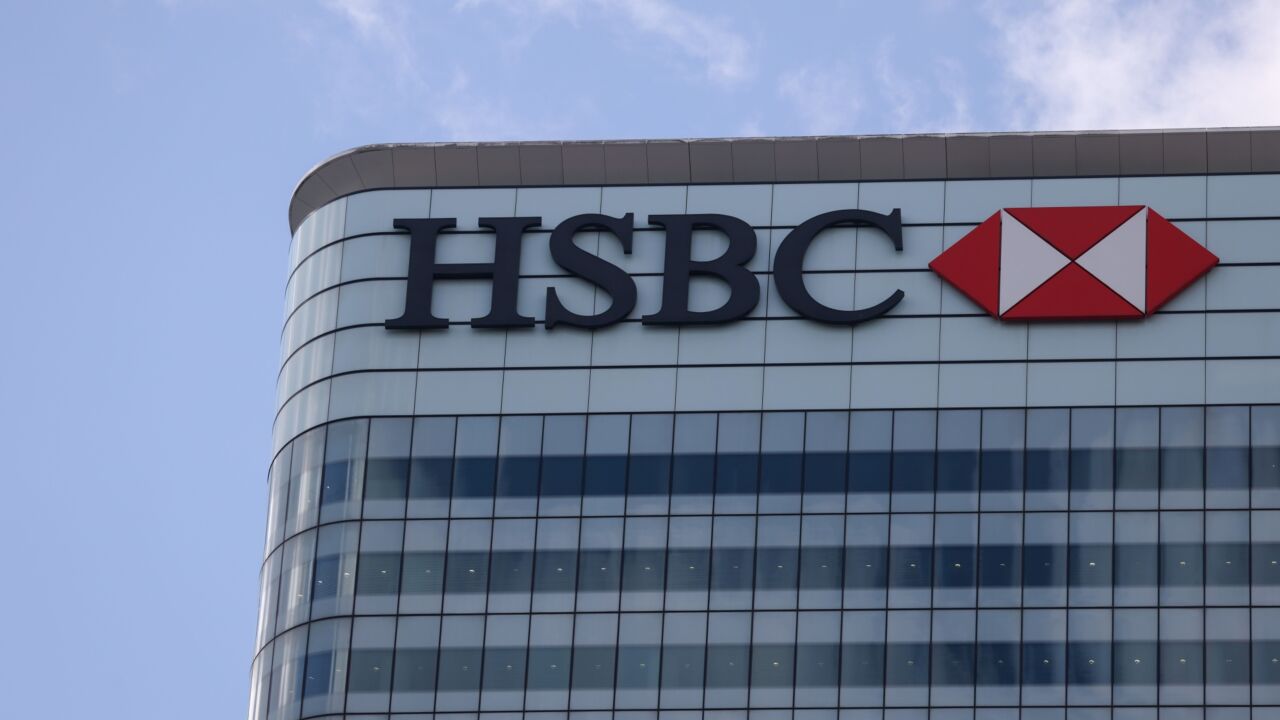Last month, brokers anticipated local residential markets swinging, if ever so slightly, to give buyers more bargaining power.
After seeing new data from the Northwest Multiple Listing Service, those prognosticators may be eating their hats.
By some measures, King County was more of a seller's market in November than at any time since the residential cooldown began 18 months ago.
There were more buyers chasing fewer homes for sale than any time since May 2018.
"Just when I thought we had started a 'new normal' that equalized things a bit for buyers, we've had a 'November surprise,'" said Mike Grady, president of Coldwell Banker Bain, in a statement. "Perhaps it's an aberration, but perhaps not."
To a certain extent, that's not a surprise: Inventory tends to shrink towards the winter. But there were also fewer new listings this November than the same month the three previous years — even during the height of the Seattle-area housing market boom.
Buyers moved quickly to snap up what homes there were on the market.
The number of closed home sales in King County rose by nearly 12% compared to the same time last year.
In King County, sales activity was concentrated among higher-priced homes. In Seattle, where prices are higher than in other parts of King County, pending sales rose by nearly 20% year over year.
The median sale price in Seattle dipped slightly, by 3.3%, from last year to $735,000, continuing a monthslong teeter-totter between year-over-year growth and decline. (Last month, the median Seattle home sold for $775,000, 3.3% more than the year prior.)
Compare that to South King County, where in one neighborhood, a median home sold for less than $400,000. Prices south of Seattle rose year over year by as much as 17.2% last month.
At the very top of the market, though, it's a different story.
Sales of top-tier homes, including those on the Eastside, were greased last month by the state's upcoming excise-tax increase for high-end properties, brokers said.
Currently, a flat 1.28% excise tax is applied to all home sales. But on Jan. 1, 2020, that flat rate will change to a tiered tax. Homes selling for more than $1.5 million will be taxed at a higher rate — 2.75% of the value between $1.5-$3 million and 3% of the value over $3 million.
On a $2 million home, for instance, the state excise-tax bill would vault from $25,600 now to $32,050 after the new year.
The prospect of the new tax rate is prompting some sellers to move quickly to close deals before Dec. 31.
After that point, the excise-tax bump, combined with other fees, means it could make more financial sense for potential sellers to remodel than to put their homes on the market, said Windermere luxury broker Anna Riley.
Riley has lately listed multiple Eastside homes in the $2.5-$6 million range.
"The excise tax has come up with every single seller," she said. "Some sellers were motivated to move ahead with an offer they might otherwise have pushed back a little hard on."
Closed sales on the Eastside rose by 10% in November over the same time last year, the largest such bump in six months. The pattern is even starker towards the pinnacle of the luxury market: On Mercer Island, where the median home went for $2.25 million, closed sales were up by 65% year-over-year.
Across the Eastside as a whole, home prices rose slightly over last year, to $900,000. In the past months, prices have slid from a springtime high of $950,000.
Meanwhile, brokers said they're beginning to notice a new class of buyers coming to the local condo market, which is concentrated in Seattle and the Eastside.
Closed condo sales on the Eastside spiked by almost 30% last month, as prices there took a 5.9% year-over-year dip, to $480,000. In Seattle, condo sales remained steady. Prices slid by 3.2% over last year, to $460,000.
The newcomers are "jet-setters and investors," on the hunt for pieds-...-terre and moneymaking opportunities in a market they believe is undervalued, said John Deely, principal managing broker at Coldwell Banker Bain Seattle.
"Seattle is becoming one of those destination places for that lifestyle," he said, particularly for people from California tired of wildfires and a state income tax.
Migration away from Seattle continued to crimp inventory and drive up prices in Pierce, Kitsap and Thurston counties. Among those counties, Kitsap saw the largest year-over-year price gain, 16.7%, to $385,000. Thurston County followed with an increase of 11.1%, to $349,000; prices in Pierce County rose 10.15%, to $379,950.
The cramped south Puget Sound market spells pain for first-time buyers, who can find it difficult to compete with transplants from Seattle trading down, said James Young, director of the Washington Center for Real Estate Research.
While in general, November saw plenty of buyers competing for sparse inventory, that may not be the picture as the year turns. Brokers pointed to upcoming developments that could start making sellers "a little bit anxious," said Jeff Strand, a broker at Queen Anne Real Estate — including political uncertainty from impeachment proceedings and the presidential election. Mortgage rates, too, are eventually bound to increase from near-record lows.
Going forward, he said, "sellers may be willing to come down a little bit on their asking price. They're looking to the future: Am I going to be able to sell next year?"





